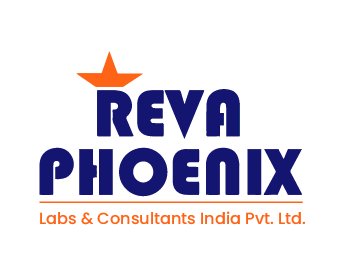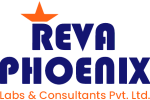Calibration

What is Metrological Calibration?
The word “calibration” may be used (and misused) in different contexts. Here, we are talking about metrological calibration in the world of measurement technology. Formally, calibration is the documented comparison of the measurement device to be calibrated against a traceable reference device. The reference standard may be also referred as a “calibrator.” Logically, the reference is more accurate than the device to be calibrated. The reference device should be also calibrated traceably, more on that later on. With some quantities the reference is not always a device, but can also be for example a mass, mechanical part, physical reference, reference liquid or gas. The above formal definition comes from the BIPM (Bureau International des Poids et Measures)
Does calibration affect me?
Yes. Even the most precise measurement instrument is of no use if you cannot be sure that it is reading accurately – or, more realistically, that you know what the error of measurement is.
How is calibration done?
By checking the instrument against known reference standards that have themselves been calibrated in a chain of measurements that can be traced back to agreed International Standards – the system of SI units.
My company needs to meet the requirements of ISO 9001 Standard. Is calibration required?
Yes. Demonstrable control of measurement and test equipment is required. Part of this is ensuring that instruments are calibrated on a rational periodic cycle, and that records are maintained and reviewed.
How do I know that my calibration is “traceable”?
By using a calibration laboratory that is accredited to international standard ISO / IEC 17025. This standard requires laboratories to demonstrate competence in both the technical aspects of the measurements and in the quality assurance aspects that ensure that you will get the service that you ask for if you have specific requirements, or will ensure that you get a useful and valid certificate and set of results if you wish to leave the detailed requirements to the laboratory.
How often should my instrument be calibrated?
This depends on how important the measurements being made are to your product or service; the degree of wear and tear that the instrument will experience in service; the stability of the instrument itself and a review of the calibration records that already exist to determine whether adjustment has been needed previously.
Do I need more than just a certificate?
It is very difficult to judge the performance of your instrument without a set of calibration results. With standard certificates, these results should have been compared to the published specification by the calibration laboratory and will normally be categorized to show conformance to specification. ISO / IEC 17025 certificates often give the results in more detail, with an indication of any results that fall outside specification


